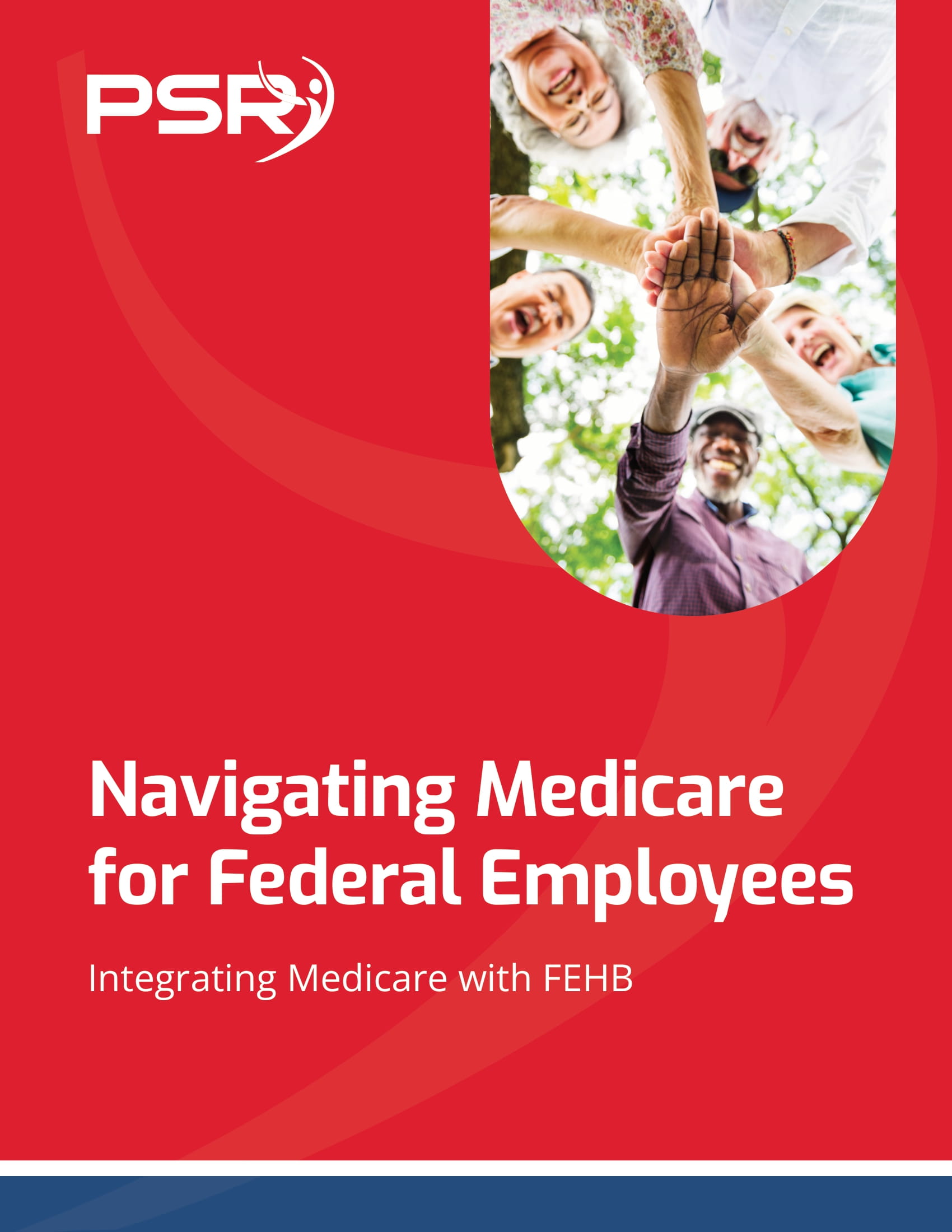Key Takeaways:
-
Divorce can significantly impact your federal retirement benefits, requiring timely action to protect your financial future.
-
Understanding how your pension, health insurance, and Thrift Savings Plan (TSP) are affected will help you navigate this life change effectively.
Divorce and Federal Benefits: What You Need to Know
When a federal employee goes through a divorce, it can create a ripple effect across their retirement benefits. Whether you’re under the Federal Employees Retirement System (FERS) or the Civil Service Retirement System (CSRS), your financial security may hinge on how you handle the division of assets, healthcare options, and beneficiary updates.
The Impact on Your Federal Pension
- Also Read: Divorce and Your Federal Pension—What Happens When You Split Assets and How It Could Affect Your TSP
- Also Read: What Happens to Your Federal Benefits After Divorce? Here’s the Lowdown
- Also Read: The Best FEHB Plans for 2025: Which One Fits Your Lifestyle and Budget the Best?
Your federal pension is often one of the most valuable assets in a divorce, and it is subject to division under a court order known as a Court Order Acceptable for Processing (COAP). Here’s what you should know:
What is a COAP?
A COAP specifies how your pension benefits will be divided between you and your former spouse. It’s essential to ensure the language in this order complies with the Office of Personnel Management (OPM) guidelines to avoid processing delays.
Dividing the Pension
The COAP can divide your pension in various ways, such as a percentage of your monthly annuity or a specific dollar amount. Keep in mind:
-
The percentage or amount awarded to your former spouse may depend on the length of your marriage during federal employment.
-
Your annuity payments will be reduced if your former spouse is entitled to a share, which could affect your retirement planning.
Survivor Benefits
Survivor benefits are another critical consideration. Your former spouse may be entitled to a portion of these benefits unless you take action to modify or remove this entitlement in the COAP. If you remarry before age 55, survivor benefits for your former spouse may be impacted.
Thrift Savings Plan (TSP) and Divorce
Your TSP, a critical component of your retirement savings, is also subject to division during divorce. Like your pension, the division of your TSP is governed by a court order.
What Happens to Your TSP?
A TSP account can be divided as a percentage or a fixed dollar amount. The TSP will process the court order and transfer the awarded portion to your former spouse’s retirement account, if applicable. Be aware:
-
Any withdrawals made due to a court order are not subject to early withdrawal penalties, but they are taxable to the recipient.
-
You must provide accurate documentation to avoid delays.
Protecting Your Savings
To minimize financial losses, consider consulting with a financial advisor to evaluate the long-term impact of the TSP division. They can help you strategize how to rebuild your savings post-divorce.
Health Insurance Changes: FEHB and FEDVIP
Health insurance is another significant area of concern. Federal employees and retirees enrolled in the Federal Employees Health Benefits (FEHB) program or the Federal Employees Dental and Vision Insurance Program (FEDVIP) should take note of how divorce affects coverage.
FEHB Coverage
Once your divorce is finalized, your former spouse is no longer eligible for FEHB coverage under your plan. They may:
-
Continue coverage under the Temporary Continuation of Coverage (TCC) program for up to 36 months.
-
Enroll in their own health insurance plan through another provider.
TCC can be costly, as it requires the full premium plus a 2% administrative fee. Encourage your former spouse to explore other options, such as marketplace plans.
FEDVIP Coverage
Like FEHB, FEDVIP coverage for your former spouse ends with the divorce. Unlike FEHB, there is no TCC option for FEDVIP, so alternative coverage must be secured.
Life Insurance: Updating FEGLI Beneficiaries
The Federal Employees’ Group Life Insurance (FEGLI) program allows you to name beneficiaries for your life insurance policy. After a divorce, it’s crucial to review and update your beneficiary designations to reflect your current wishes.
What Happens If You Don’t Update?
If you fail to update your beneficiaries, your former spouse could still receive benefits even if your intent has changed. Ensure your designations are accurate to avoid unintended consequences.
Court-Ordered Life Insurance
In some cases, a divorce decree may require you to maintain life insurance with your former spouse as the beneficiary. This can impact your ability to update designations for other family members or new spouses.
Social Security and Divorce
Divorce can also affect your Social Security benefits, particularly if your marriage lasted at least 10 years. Under current rules, you may be eligible for benefits based on your former spouse’s earnings record.
Eligibility Criteria
You can claim benefits on your former spouse’s record if:
-
You were married for at least 10 years.
-
You are currently unmarried.
-
You are age 62 or older.
-
Your own benefit is less than what you’d receive based on your former spouse’s earnings.
No Impact on Your Former Spouse
Claiming benefits on your former spouse’s record does not reduce their benefits or those of their current spouse.
Taxes and Divorce: What to Watch For
Taxes play a significant role in how your federal benefits are divided. Proper planning can help you avoid surprises during tax season.
Pension and TSP Taxation
Any portion of your pension or TSP awarded to your former spouse is taxable income for them. Ensure you understand your tax obligations to avoid unexpected liabilities.
Filing Status
Your tax filing status will change after divorce. Choose the most advantageous status for your situation, whether it’s single, head of household, or qualifying widow(er).
Steps to Take Post-Divorce
Navigating the complexities of federal benefits after divorce requires careful planning and prompt action. Follow these steps to protect your interests:
Review and Update Documents
Go through all relevant documents and update them as needed:
-
Beneficiary designations for FEGLI, TSP, and other accounts.
-
Emergency contacts and dependents listed on your benefits.
Notify OPM and Your Agency
Inform OPM and your employing agency about your divorce to ensure your benefits are updated accordingly. Provide copies of court orders, such as the COAP, to facilitate changes.
Consult Professionals
Work with an attorney familiar with federal benefits, as well as a financial advisor, to understand your rights and obligations fully. They can help you:
-
Interpret court orders.
-
Strategize your financial recovery.
-
Ensure compliance with legal requirements.
Protecting Your Future
Divorce is challenging, but with proper planning, you can safeguard your financial future. Educate yourself about the rules governing your federal benefits and take proactive steps to minimize disruptions to your retirement plans.
Securing Your Financial Stability After Divorce
Taking control of your federal benefits after divorce is essential to ensuring a secure financial future. From updating beneficiary designations to understanding the tax implications of divided assets, each step you take today sets the stage for a more stable tomorrow. Be proactive, consult experts, and make informed decisions that align with your long-term goals.










